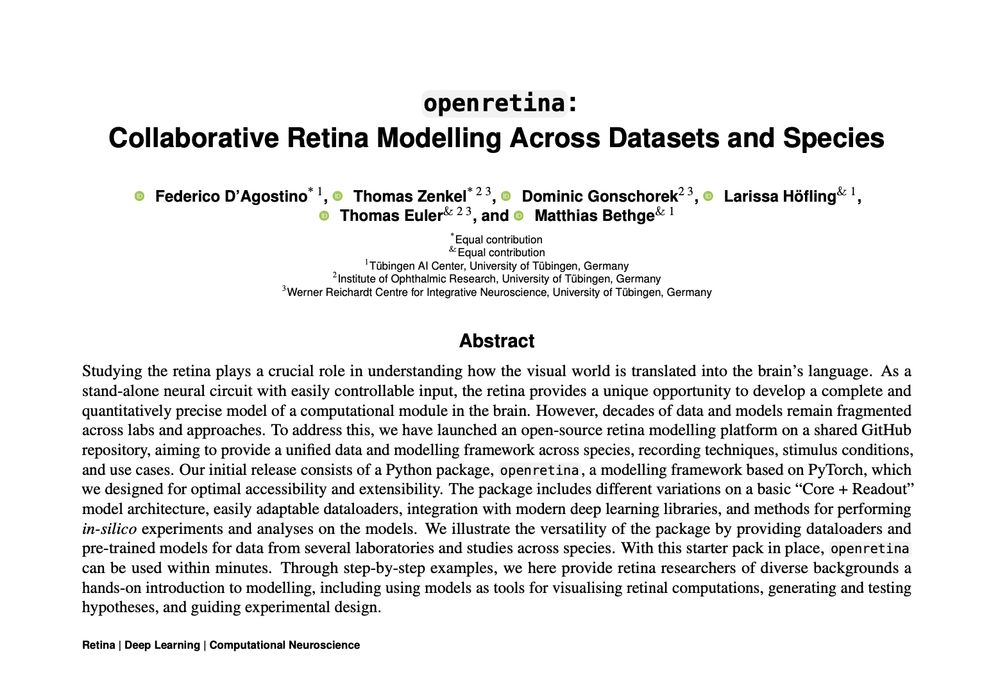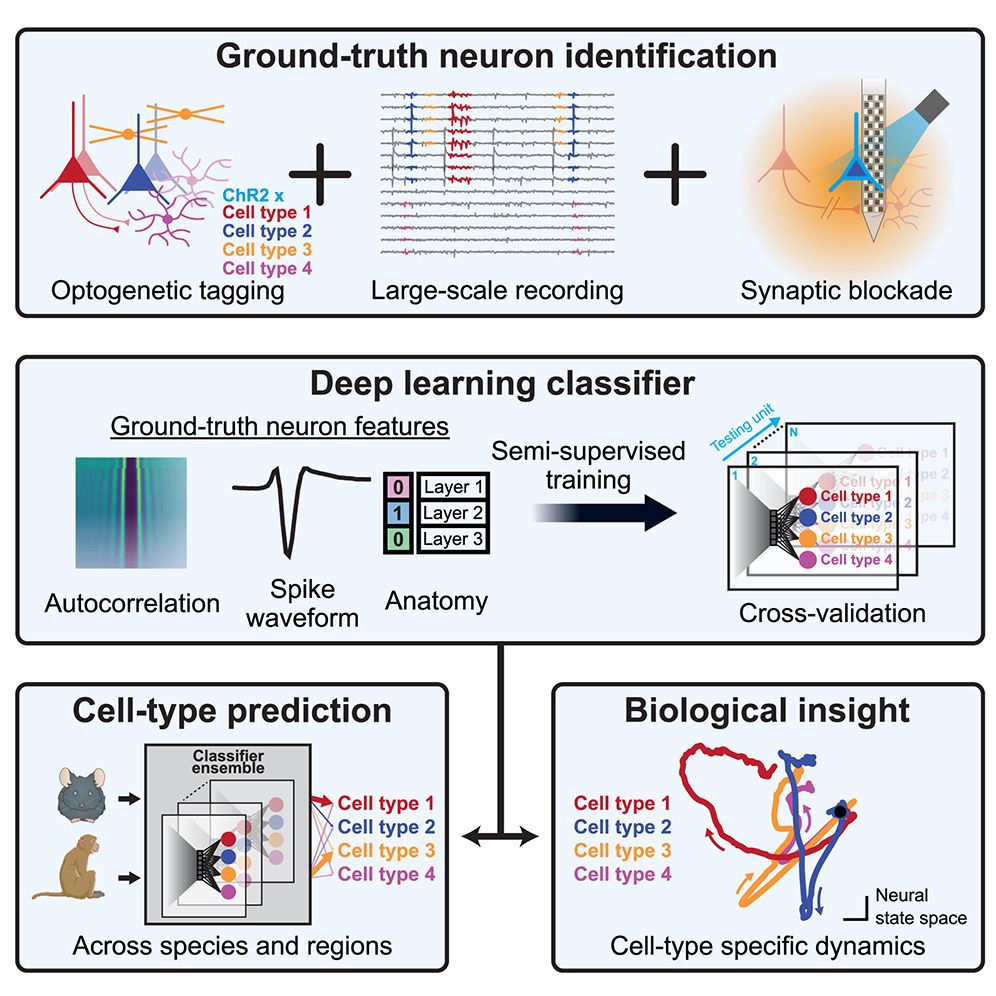Federico D’Agostino
@fededagos.bsky.social
360 followers
380 following
11 posts
PhD student @ Uni Tübingen | @bethgelab.bsky.social | Computational Neuroscience & ML
Posts
Media
Videos
Starter Packs





